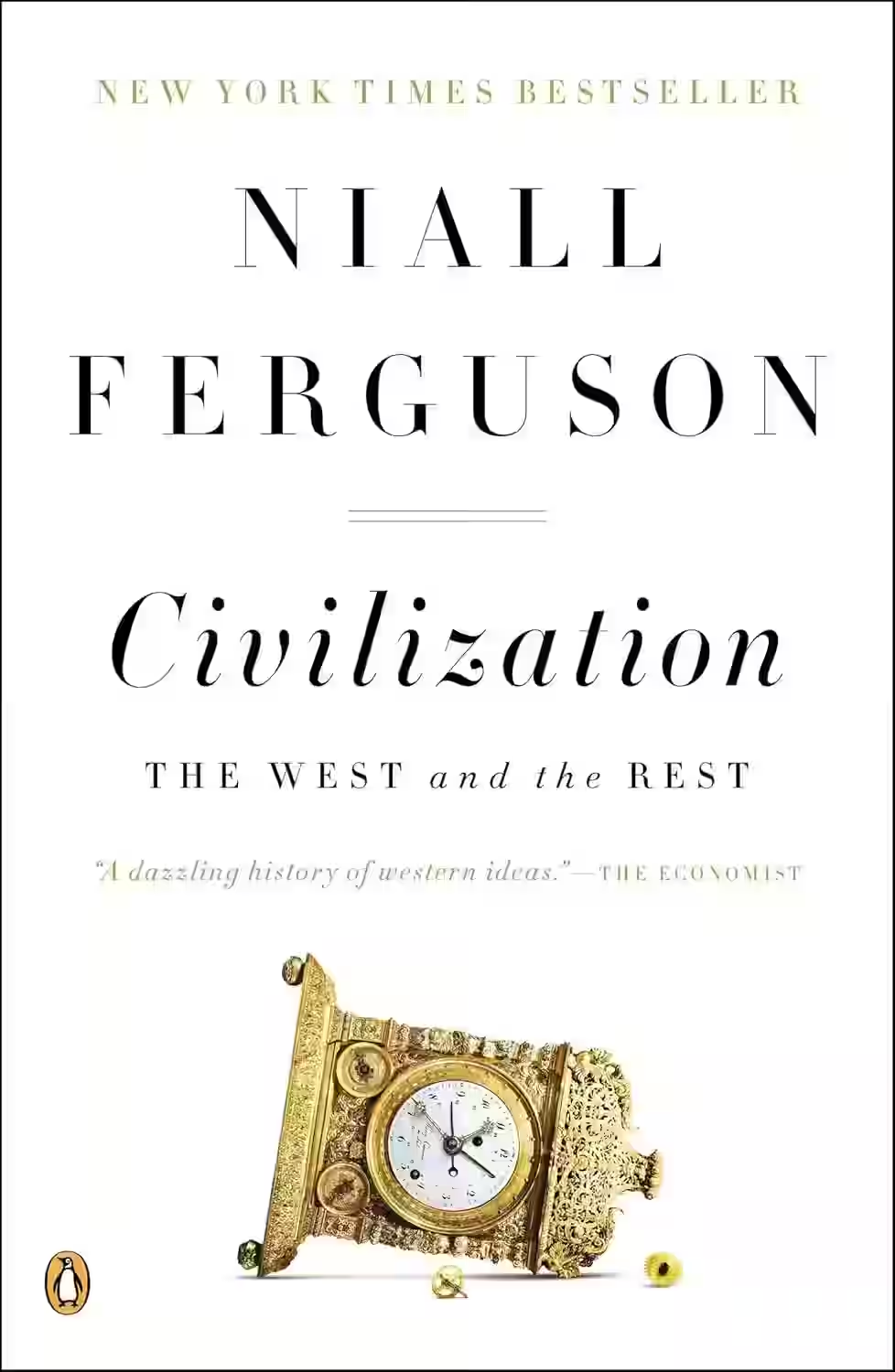
In 'Civilization: The West and the Rest,' Niall Ferguson delves into the history of Western civilization, exploring the factors that propelled the West to its position of global dominance. Ferguson discusses the key institutions, technologies, and cultural values that set the West apart from other societies. Through a meticulous analysis, he argues that these unique factors enabled the West to surge ahead economically and politically. By comparing Western achievements to those of other civilizations, Ferguson prompts readers to ponder the future trajectory of global power. This thought-provoking book offers a fresh perspective on the roots of Western supremacy and challenges readers to contemplate the fate of civilization.
About Niall Ferguson
Niall Ferguson, a prolific historian and author, is known for his insightful analysis of economic and financial history. Born in Scotland in 1964, Ferguson has garnered widespread acclaim for his ability to make complex historical events accessible and engaging to a broad audience. His notable works include 'The Ascent of Money,' which explores the role of money in shaping the course of history, and 'Civilization: The West and the Rest,' a compelling examination of the rise and fall of civilizations. Ferguson's impact on literature lies in his unique blend of rigorous scholarship and compelling storytelling, making him a leading voice in historical non-fiction.
Similar Books
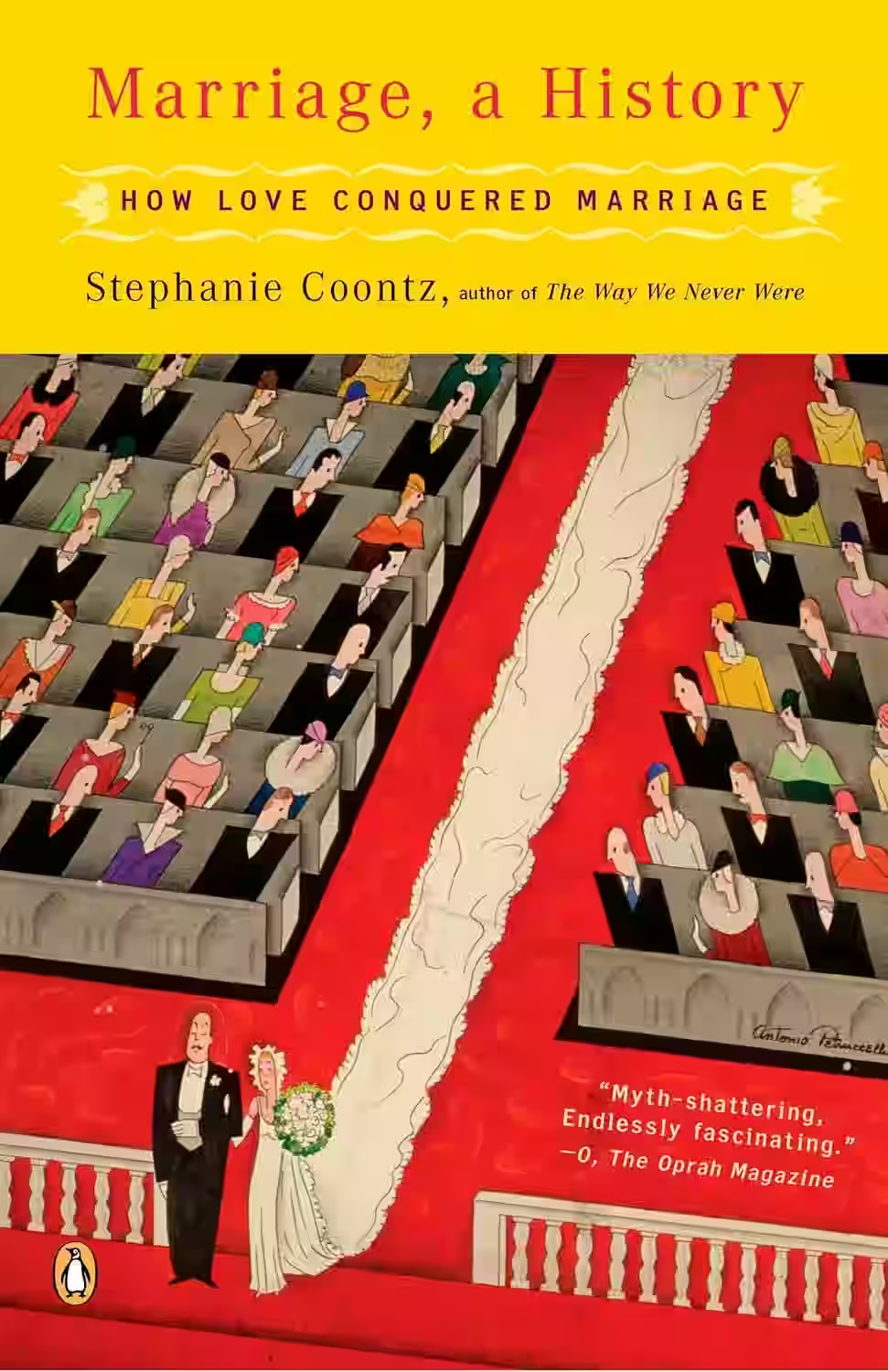
Marriage, a History: How Love Conquered Marriage
In 'Marriage, a History: How Love Conquered Marriage,' Stephanie Coontz delves into the evolution of marriage throughout human history, challenging traditional notions of love and matrimony. Coontz explores how marriage has been influenced by economic, social, and political factors, shedding light on how love became a central component in modern marital unions. Through a meticulous examination of cultural practices and societal norms, she reveals the shifting dynamics of marriage and the role of love in shaping these changes. This thought-provoking book offers a compelling narrative that will make readers reassess their understanding of marriage and relationships.
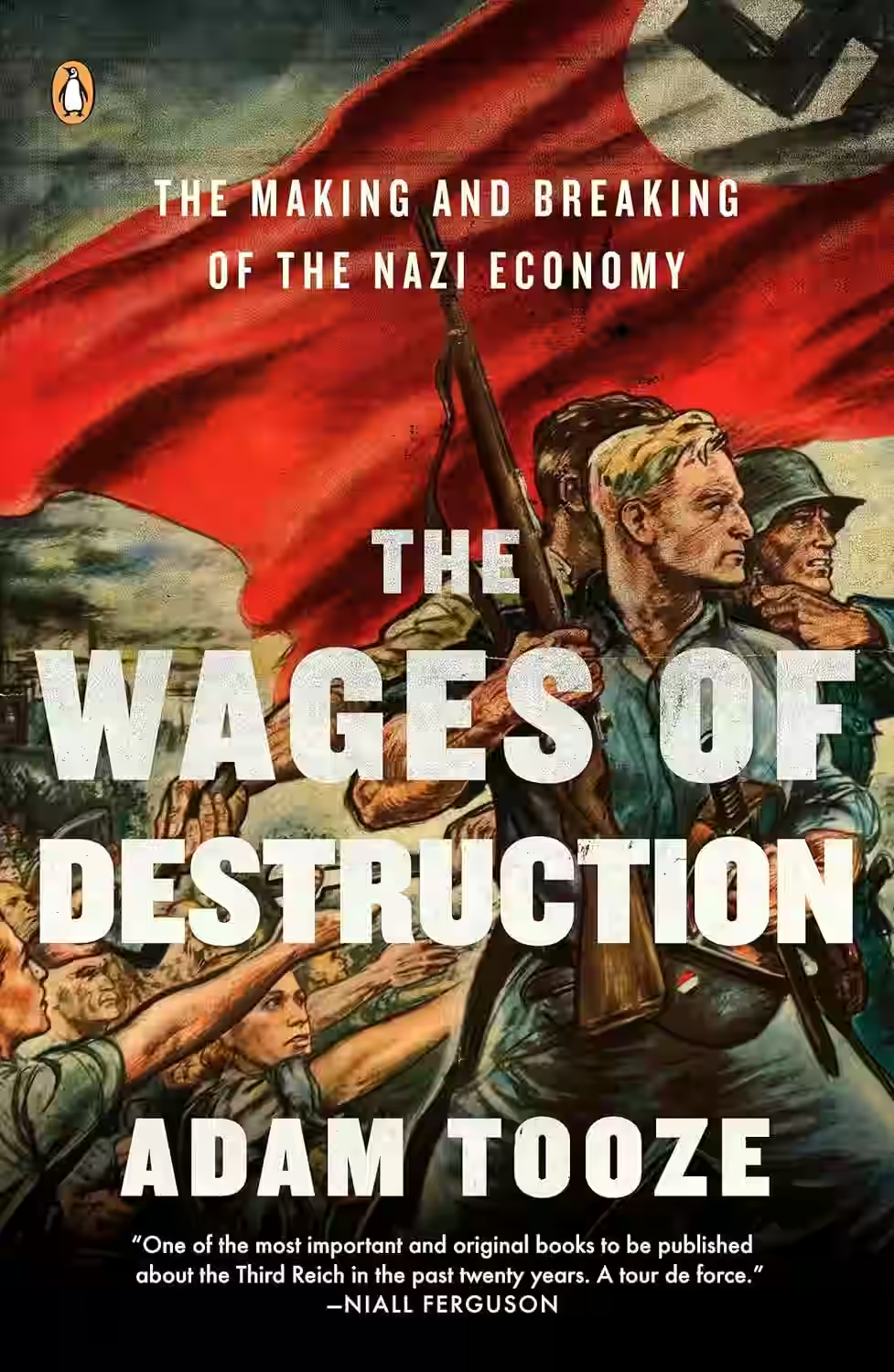
The Wages of Destruction
by Adam Tooze
In 'The Wages of Destruction' by Adam Tooze, the author meticulously examines the economic mechanisms that underpinned Nazi Germany's war machine during World War II. Tooze delves deep into the financial structures, resource management, and strategic decisions that sustained Hitler's regime, shedding light on how economic policies shaped the course of the war. Through detailed analysis and compelling narrative, Tooze reveals the precarious economic foundations of the Third Reich and its catastrophic consequences. This book offers a fresh perspective on the war, emphasizing the crucial role of economic factors in shaping historical events.
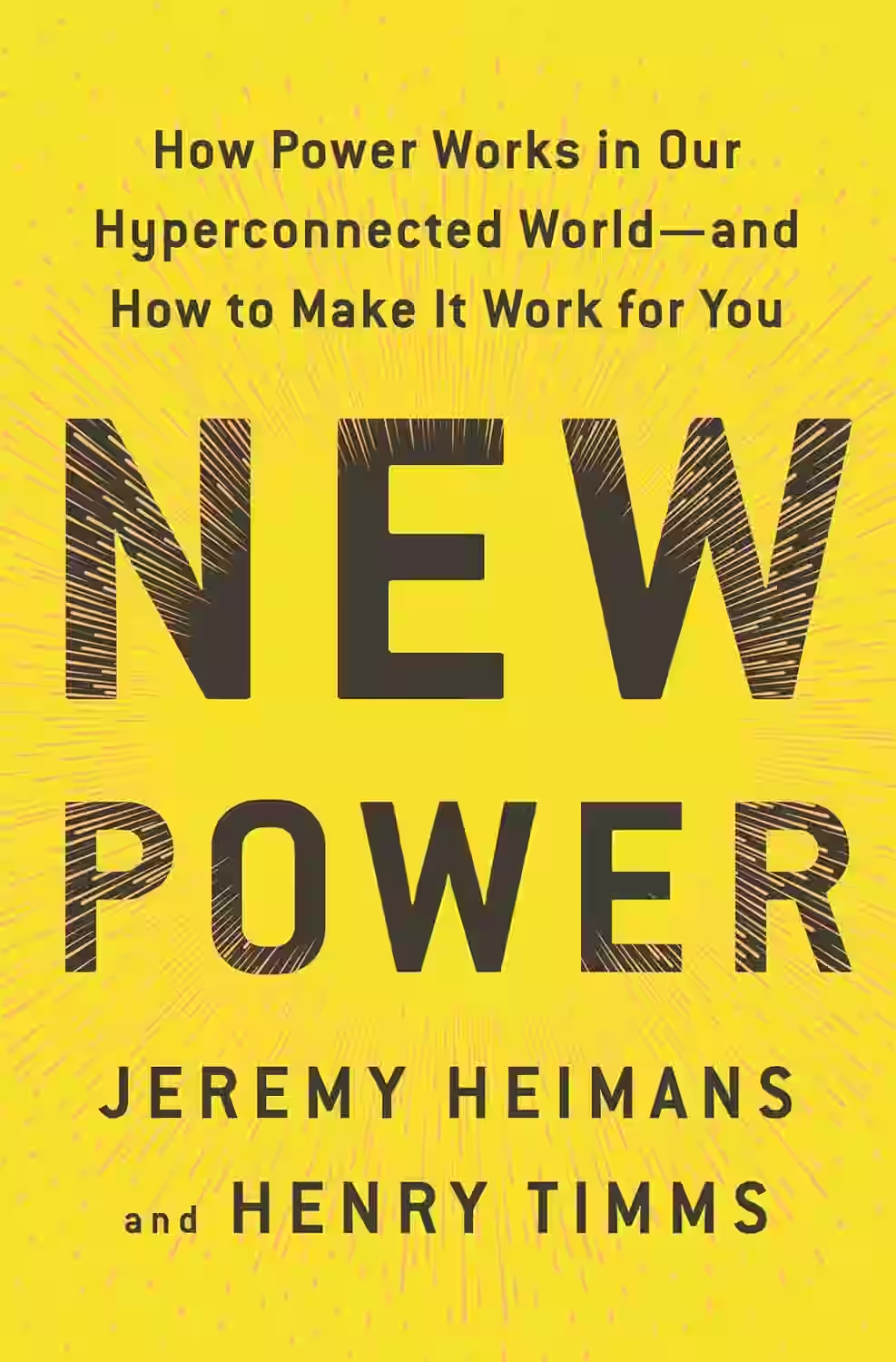
New Power: How Power Works in Our Hyperconnected World
by Jeremy Heimans, Henry Timms
New Power explores how influence, leadership, and engagement have evolved in the digital age. The authors contrast "old power"—top-down, closed, and leader-driven—with "new power"—open, participatory, and crowd-sourced. Through case studies like #MeToo, Airbnb, and TED, they show how modern movements and brands leverage community and transparency. The book offers tools for leaders, activists, and entrepreneurs to harness this shift effectively. Branson and other innovators have praised New Power for its relevance in today’s hyperconnected world, where collaboration and authenticity often matter more than hierarchy or control.
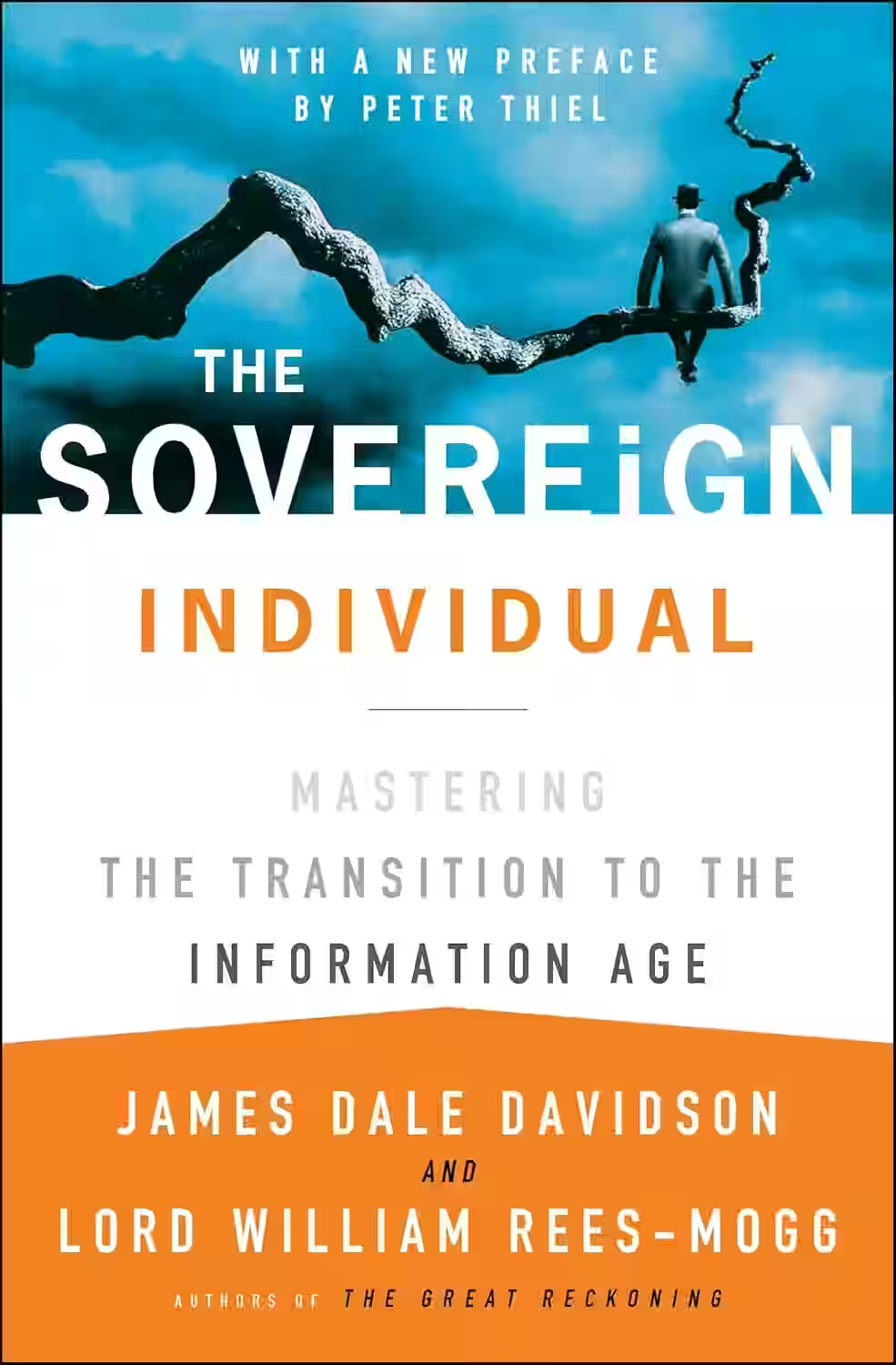
The Sovereign Individual
by James Dale Davidson, William Rees-Mogg
Published in 1997, The Sovereign Individual predicts the rise of the digital age and its impact on individual autonomy and state power. The authors argue that technological advancements, particularly the internet, will diminish the influence of governments and empower individuals to take control of their own lives. They foresee a future where traditional institutions are challenged, and personal sovereignty becomes paramount. This provocative work offers a foresightful analysis of the intersection between technology, economics, and personal freedom.